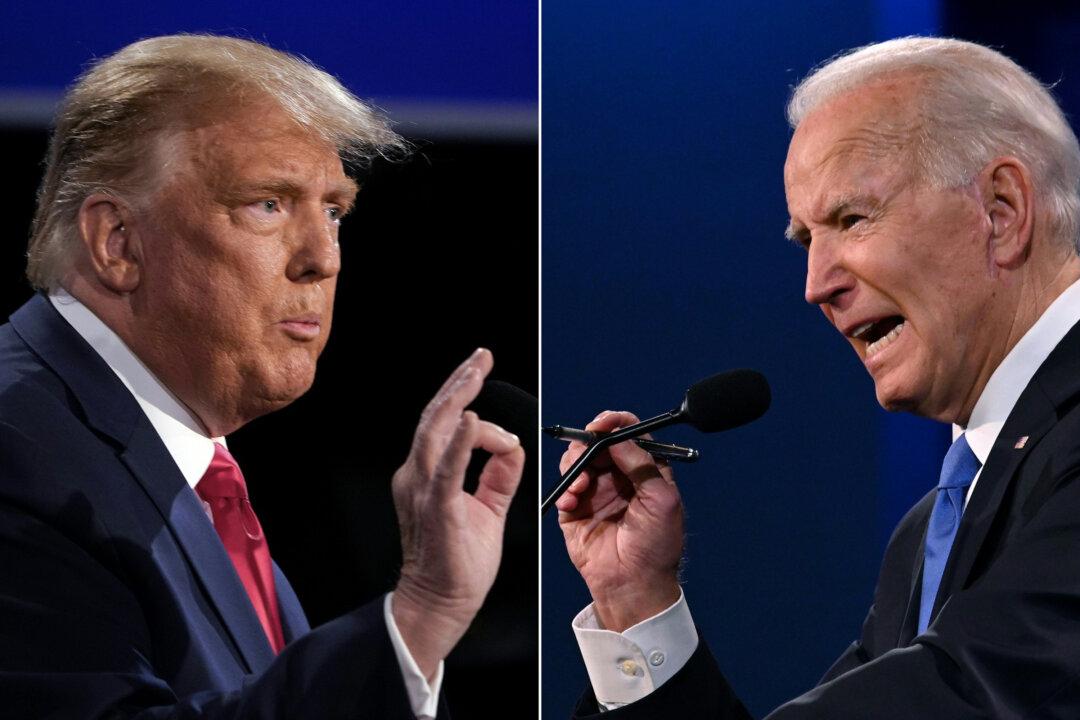Former President Donald Trump has warned that Michigan’s auto industry would suffer if President Joe Biden’s electric vehicle push succeeds, with most of the EV production going to China.
“The Great State of Michigan will not have an auto industry anymore if Crooked Joe Biden’s crazed concept of ‘all Electric Cars’ goes into effect. CHINA WILL TAKE IT ALL, 100%. United Auto Workers, VOTE FOR TRUMP. Get your leaders to ENDORSE ME, I WILL KEEP ALL OF THESE GREAT JOBS, AND BRING IN MANY MORE. CHOICE IN SCHOOLS, AND CHOICE IN CARS!!!” President Trump said in a Sept. 5 post on Truth Social.





